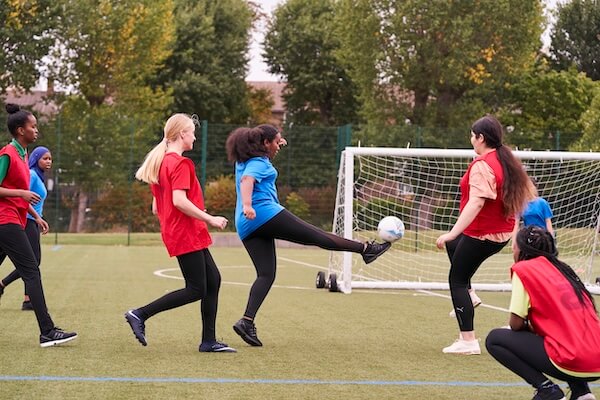
It’s no secret that staying active is good for you, but new research from the University of Copenhagen and Bispebjerg Hospital sheds light on just how much regular exercise—whether it’s playing football with friends, cycling to work, or hitting the gym—can do to preserve your nerve and muscle health as you age.
Exercise and Nerve Cells: A Lifelong Partnership
The study focused on motor neurons, the nerve cells that enable muscle movement. These cells naturally decline with age, leading to weaker muscles and reduced mobility. But here’s the good news: the research shows that regular, moderate exercise helps protect these vital nerve cells and the muscles they control, extending your functional health well into older age.
-
What Are Motor Neurons?
Motor neurons connect your brain and spinal cord to your muscles, allowing you to move. Diseases like ALS can severely affect these neurons, but even natural aging takes a toll on their numbers and efficiency. -
The Role of Muscle Cells and Fibroblasts
Two muscle cell types—stem cells and fibroblasts—work to maintain the health of motor neurons. While muscle stem cells aid repair and regeneration, fibroblasts have surprised researchers with their positive role in supporting nerve cell survival. Regular exercise enhances the ability of these cells to interact with and protect motor neurons.
Why Moderate Exercise Is Key
You don’t need to be an elite athlete to benefit from exercise. In fact, the study found that consistent, moderate physical activity, like playing social sports or cycling, can significantly slow the age-related decline in nerve and muscle health.
Key Insights:
-
Lifelong Activity Preserves Muscle Function
Older adults who had been physically active most of their lives showed better motor neuron survival and healthier muscles compared to sedentary peers. -
Variety in Movement Is Effective
Whether it’s football, weight training, jogging, or cycling, varied exercise routines mimic the realistic activity patterns of many people, making it easy to integrate fitness into daily life. -
It’s Never Too Late to Start
Even beginning weight training in your 80s can strengthen the interaction between muscles and motor neurons, improving muscle strength and function.
A Realistic Approach to Staying Active
This study offers hope for anyone intimidated by intense workout regimens. It shows that even small, consistent efforts like a weekly football game or regular bike rides can protect your body against the effects of aging.
-
Why Social Exercise Matters
Activities like football or paddle tennis not only improve physical health but also provide social interaction, which boosts mental well-being. -
How to Begin
Start small and gradually increase your activity. Whether it’s taking up cycling, joining a walking group, or playing a casual sport, the important thing is to find something enjoyable and stick with it.
The Science Behind It
The researchers compared muscle and nerve cell interactions from young adults and seniors, dividing the older group into lifelong exercisers and sedentary individuals. The results were striking:
- Active older adults had healthier muscle fibers and stronger nerve connections.
- Fibroblasts, often misunderstood as problematic cells, played a surprising role in supporting motor neurons, particularly in active individuals.
Take the First Step Today
The findings are clear: staying physically active throughout life, even at a moderate level, is one of the best ways to protect your nerves and muscles. Whether it’s kicking a ball around with friends or taking a long bike ride, movement is medicine for your muscles, nerves, and overall health.
So, grab a friend, join a team, or simply get out for a walk. Your future self will thank you!






